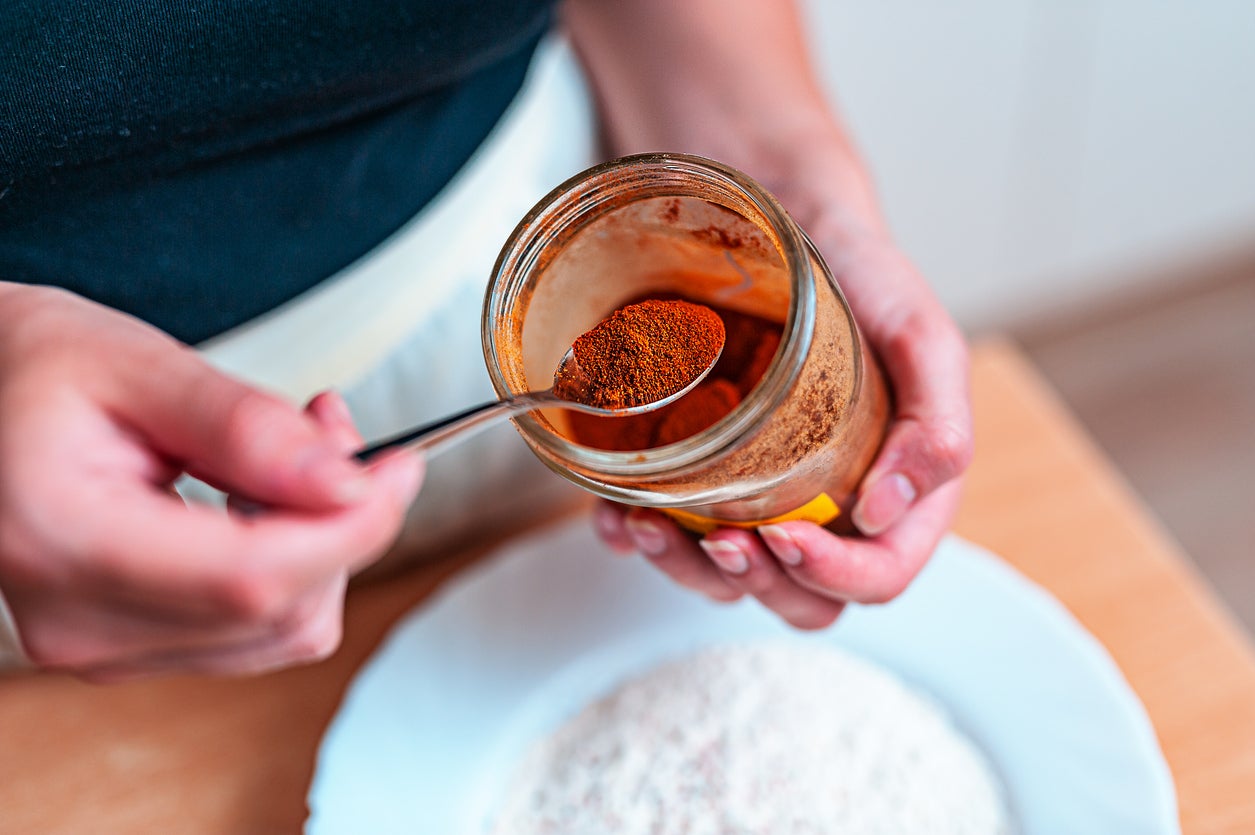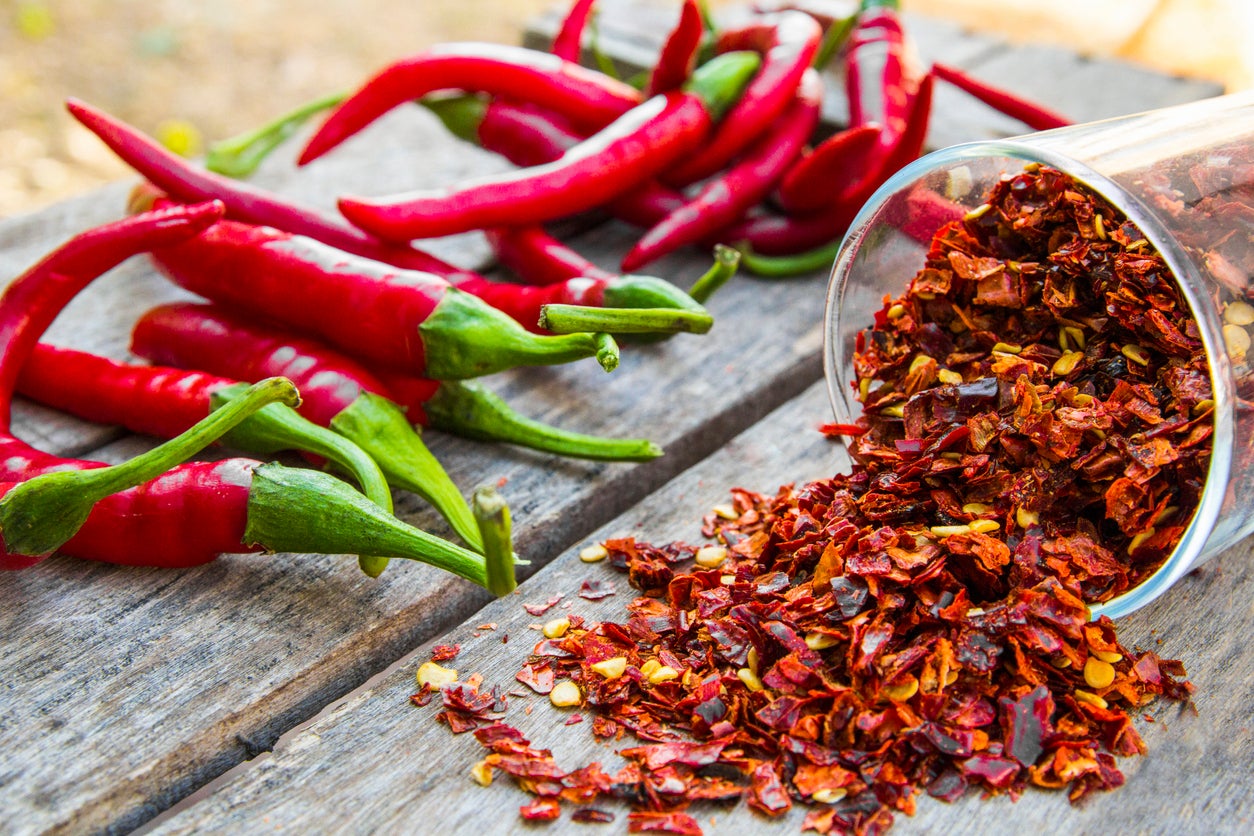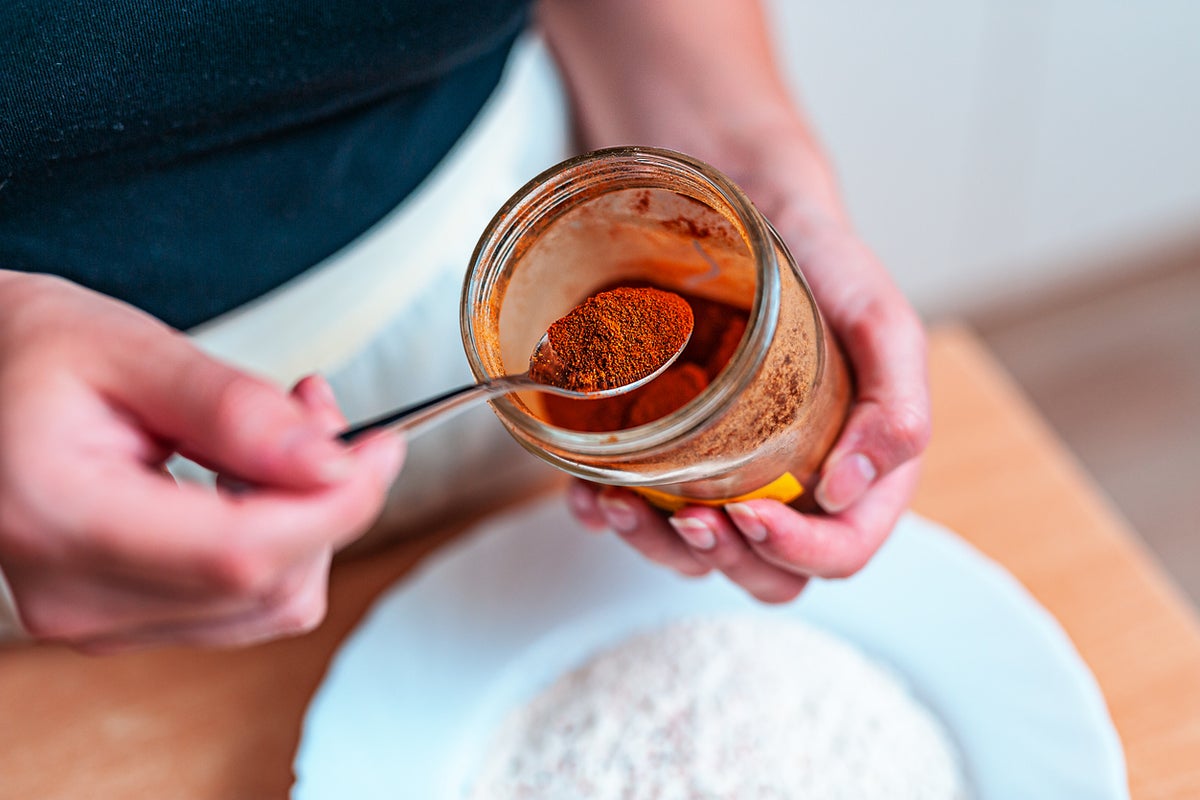This spicy favorite packs a punch during dinner – and keeps your heart and eyes healthy.
Whether powdered, dried, or fresh, cayenne pepper has a bushel-load of vitamins. Specifically, it contains vitamin A, which is essential to our eye, organ, reproductive, and immune system health.
“In just one teaspoon, you’ll get 15 percent of your daily vitamin A,” registered dietitian Alexis Supan told the Cleveland Clinic. She noted that people can consume even more vitamins from the fresh peppers.
Botanically considered to be fruits and culinarily known as vegetables, the shockingly red spice also has vitamins B6, K, and C. Vitamin K helps the body to stop bleeding and fortifies bone health. Vitamin C, often taken in tablets, supports our immune system.
“One fresh pepper has 72 percent of the recommended daily amount of vitamin C and 50 percent of vitamin A,” Supan noted.

The peppers are a great source of antioxidants that protect our cells and promote health, according to Supan. Diets that are high in antioxidants have been shown to help stave off cancer and heart disease.
Cayenne peppers have capsaicin, which is the chemical compound that makes them so hot. Dozens of studies show that capsaicin protects against inflammation, which can significantly contribute to the development and progression of cancer.
Supan said the peppers may also aid blood flow and lower blood pressure. High blood pressure can lead to an increased risk of heart disease: America’s top killer.
Similarly to other spicy favorites with capsaicin, there’s evidence that they may help to burn calories and feel fuller after eating.
“Cayenne pepper is really helpful for digestion,” Supan said. “It increases gastric juices and enzyme production in the stomach, which helps us break down food.”

Most people can buy the powder and peppers at their local grocery stores.
Hotter than a jalapeño, these peppers are around 30,000 to 50,000 Scoville Heat Units, the scale that measures the heat of a chili pepper. For context, the Carolina reapers – some of the hottest peppers in the world – are measured at 2.2 million units. Still, it’s probably not something to put directly in your mouth.
But, if you can stand the heat, experts say the benefits of cayenne pepper stand the test of time. Its use dates back more than 7,000 years to ancient Central and South America.
Still, make sure not do overdo it. You just need a pinch!
“Cayenne peppers are a great addition to a healthy diet,” said Supan.


